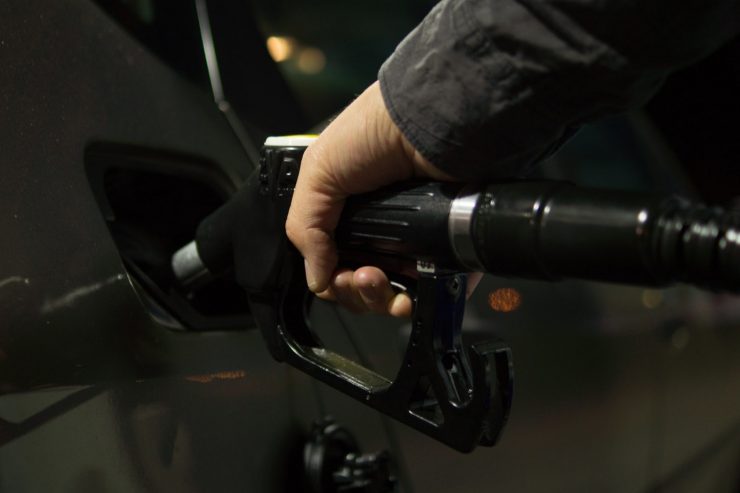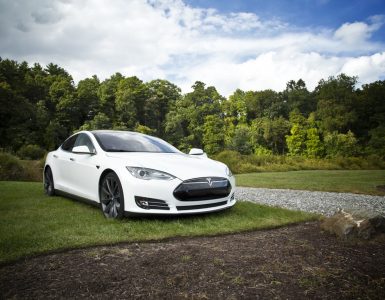When drivers pull up at the service station, they’re faced with a wide range of fuel options for their cars.
These days there’s regular unleaded, E10 (Ethanol-Fuel Blend) and of course Premium Unleaded.
There’s a lot of marketing around exactly what type of fuel you should be using for your car – but what’s the truth of the matter?
Premium unleaded claims to be better for you engine by cleaning it and also giving your car more power and improved performance. But is that actually what your car needs?
In the right type of car, premium unleaded is actually a better fuel. It does in fact burn cleaner and offer more power. However the catch for motorists is that it’s only for cars that have an engine designed to use it.
And unless your car is one of those designed to actually run on premium unleaded, then there are really no benefits to using it.
Compression Ratio
The reason is that it comes down to what’s known as the compression ratio.
The compression ratio is a measure of how much room there is available for fuel when the piston is at the bottom and top of the cylinder.
For most cars, they are designed to tolerate low octane fuels. However if you own a high performance car or a turbocharged car then have a higher compression ratio – in that case it’s beneficial to run your car with higher octane fuel.
So how do you know if you need it?
The simplest way is to just check on the label behind the fuel door.
You’ll often see directions that the label indicates – “Premium Fuel Required”, “Premium Fuel Recommended” or “Regular Unleaded Only”.
If the label says “Premium Fuel Required”, you are likely operating a high performance vehicle that will in fact benefit from a higher octane fuel.
For cars that say, “Premium Fuel Recommended”, then there is likely some benefit to using a higher octane fuel and you will potentially see improved performance. But only marginally so.
If your car is one that states “Regular Unleaded Only”, then there is no need to spend the extra money on premium unleaded as you’re unlikely to see any improvements in the performance or fuel economy and it certainly won’t clean your engine.
If you’re still confused as to whether or not you need to use Premium Unleaded or not then you can check this list from Edmunds.
While it lists a number of US manufacturers it’s a good overview of some of the makes and models that require premium fuel.
However if you’re still getting around in a 1999 Hyundai Excel – then chances are you’re not going to need to worry about filling up with Premium Unleaded next time you pull into a service station.
Which Type of Unleaded do I need?
Standard or regular unleaded is 91
Premium unleaded is both 95 and 98
The ethanol-blended E10 (a mixture of up to 10% ethanol in petrol) is a substitute for 91 in most cars.
Quick Fuel Saving Tips
- Check the label behind the fuel door to see if your car is recommended to use premium or regular unleaded.
- Make sure your tyres are properly inflated.
- Use your air conditioner sparingly
- Avoid driving in peak hour















Add comment